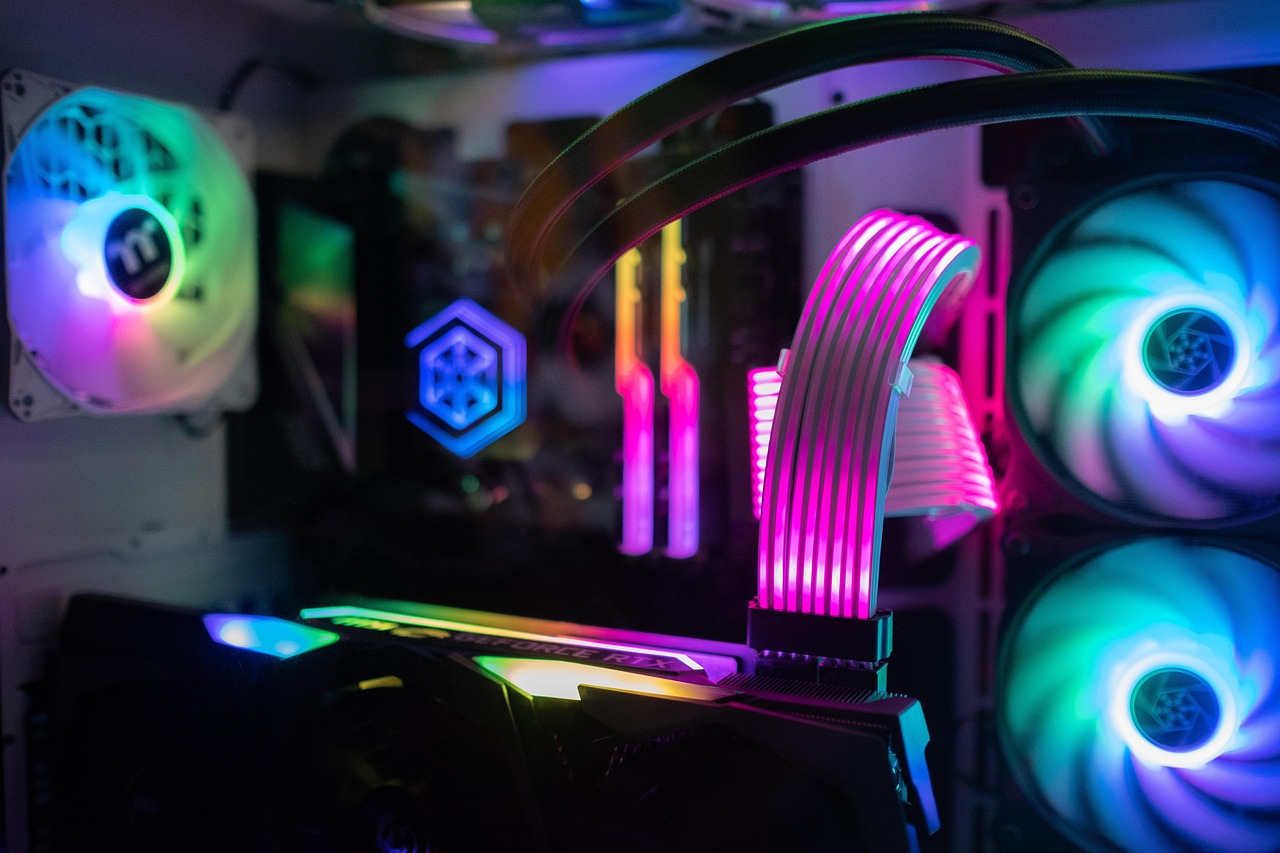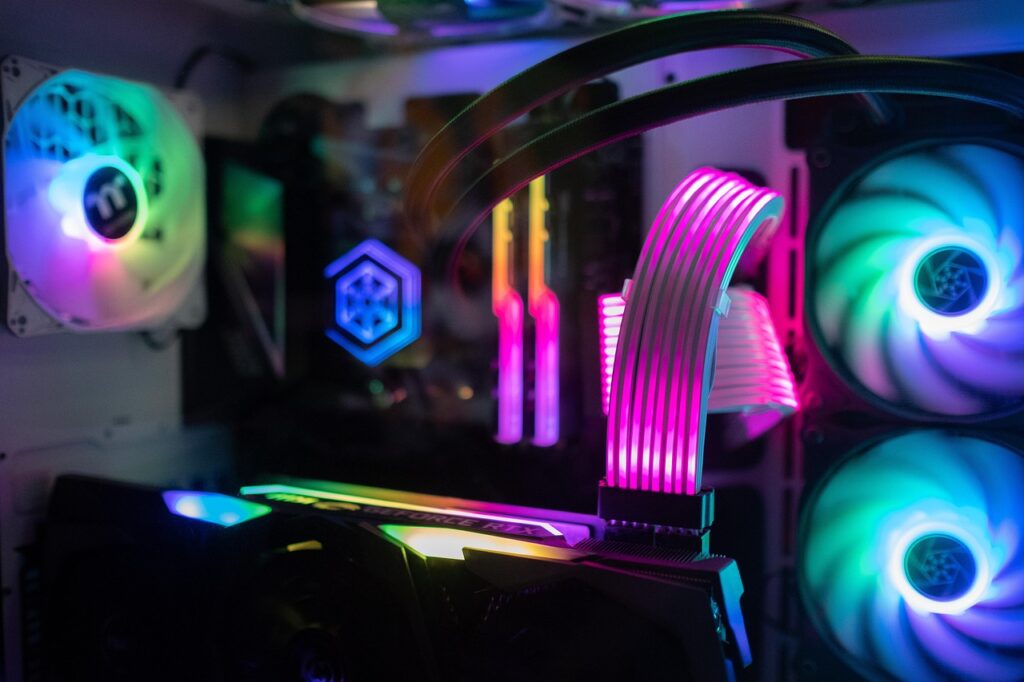Physical Address
304 North Cardinal St.
Dorchester Center, MA 02124
Physical Address
304 North Cardinal St.
Dorchester Center, MA 02124


Artificial Intelligence (AI) is revolutionizing the gaming industry in 2025, enhancing player experiences, game development, and in-game interactions. With the rise of AI-driven NPCs, procedural content generation, and personalized gameplay, the gaming landscape is evolving faster than ever. AI-powered algorithms analyze player behavior to create adaptive experiences, making every session unique and immersive. Game worlds are no longer static but evolve dynamically based on individual play styles, preferences, and decision-making. AI also facilitates real-time decision-making, enabling enemies and allies to react more intelligently to player actions, increasing realism and engagement. Developers are leveraging AI to analyze vast amounts of player data, helping them fine-tune difficulty levels and create more compelling, player-centric experiences.
AI is reshaping game development by automating processes like level design, bug detection, and balancing game mechanics. Developers can now create expansive, dynamic worlds with minimal manual intervention. Machine learning enables NPCs to behave more realistically, adapting to player decisions and providing intelligent challenges. Personalized AI-driven experiences cater to individual player preferences, ensuring engaging and tailored gameplay. Additionally, AI-generated content is reducing development costs while expanding creative possibilities for game studios. AI-powered game testing is another breakthrough, allowing developers to simulate thousands of playthroughs in a fraction of the time, identifying issues and optimizing game mechanics more efficiently. AI is also assisting in content moderation, detecting and preventing toxic behavior in multiplayer environments, fostering a safer and more enjoyable gaming community.
AI-driven voice synthesis and procedural animation are also reshaping character interactions, enabling more lifelike conversations and expressions. This advancement enhances storytelling, allowing players to engage with characters in a way that feels more natural and immersive. AI is also contributing to the growth of cloud gaming, optimizing latency and performance by predicting player inputs and preloading game data, ensuring smooth, uninterrupted experiences across various devices. Furthermore, AI enhances user-generated content by assisting players in creating levels, mods, and characters with minimal effort, broadening creative opportunities within the gaming community.
Despite its advantages, AI-powered gaming presents challenges such as ethical concerns, data privacy issues, and balancing AI difficulty. Some players worry about AI-driven decision-making diminishing human creativity in game design. However, as AI continues to improve, game developers are finding ways to integrate AI ethically and effectively. The future of AI in gaming includes hyper-realistic virtual worlds, advanced storytelling powered by AI, and real-time adaptive gameplay. With ongoing advancements, AI is set to redefine interactive entertainment, making games smarter, more immersive, and more responsive than ever before.
Another concern is the potential for AI to create overly challenging or unbalanced gaming experiences. AI-driven opponents that learn too quickly may become unbeatable, frustrating players rather than enhancing engagement. Developers must carefully calibrate AI difficulty to maintain a balance between challenge and enjoyment. Additionally, the reliance on AI-generated content raises questions about originality, as automated systems could lead to a homogenization of game design, where unique artistic styles and storytelling approaches may be compromised. Ethical considerations extend to data usage, as AI relies on vast amounts of player information to function effectively. Ensuring transparent data collection policies and compliance with regulations will be crucial for maintaining player trust.
Looking ahead, AI-driven virtual reality (VR) and augmented reality (AR) experiences are expected to redefine immersion, with AI creating more dynamic, responsive environments. AI will also play a crucial role in the metaverse, powering intelligent avatars and enhancing social interactions within virtual worlds. As AI technology continues to advance, it will unlock new frontiers in gaming, pushing the boundaries of what is possible and providing players with experiences that were once the realm of science fiction. The intersection of AI and gaming is a rapidly evolving space, and its full potential is only beginning to be realized.